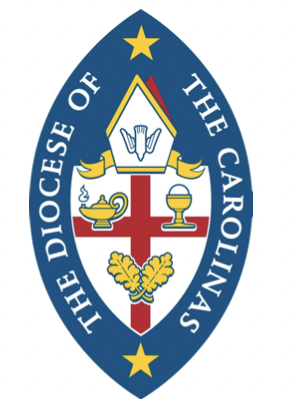Church Planting Movements
/The following article is from the introduction to David Garrison’s book Church Planting Movements. Garrison is one of the world’s leading experts on church planting movements.
So, what is a Church Planting Movement? A simple, concise definition of a Church Planting Movement (CPM) is a rapid and multiplicative increase of indigenous churches planting churches within a given people group or population segment.
There are several key components to this definition. The first is rapid. As a movement, a Church Planting Movement occurs with rapid increases in new church starts. Saturation church planting over decades and even centuries is good, but doesn’t qualify as a Church Planting Movement.
Secondly, there is an multiplicative increase. This means that the increase in churches is not simply incremental growth—adding a few churches every year or so. Instead, it compounds with two churches become four, and four churches become eight to ten, and so forth. Multiplicative growth is only possible when new churches are being started by the churches themselves–rather than by professional church planters or missionaries.
Finally, they are indigenous churches. This means they are generated from within rather than from without. This is not to say that the gospel is able to spring up intuitively within a people group. The gospel always enters a people group from the outside; this is the task of the missionary. However, in a Church Planting Movement the momentum quickly becomes indigenous so that the initiative and drive of the movement comes from within the people group rather than from outsiders.
If this definition isn’t enough, we might also clarify what a Church Planting Movement is not. A Church Planting Movement is more than “evangelism that results in churches.” Evangelism that results in churches is a part of a Church Planting Movement, but the“end-vision” is less extensive. A church planter might satisfy himself with the goal of planting a single church or even a handful of churches, but fail to see that it will take a movement of churches planting churches to reach an entire nation of people.
A Church Planting Movement is a rapid and multiplicative increase of indigenous churches planting churches within a given people group or population segment.
A Church Planting Movement is also more than a revival of pre-existing churches. Revivals are highly desirable, but they’re not Church Planting Movements. Evangelistic crusades and witnessing programs may lead thousands to Christ, and that’s wonderful, but it isn’t the same as a Church Planting Movement. Church Planting Movements feature churches rapidly reproducing themselves.
Perhaps the closest thing to a Church Planting Movement, that still is not a Church Planting Movement, is when local church planters are trained and deployed to plant multiple churches among their own people. This is a highly productive method of spreading churches across a population segment or people group, but the momentum remains in the hands of a limited group of professional church planters rather than in the heart of each new church that is begun.
Finally, a Church Planting Movement is not an end in itself. The end of all of our efforts is for God to be glorified. This occurs whenever individuals enter into right relationship with Him through Jesus Christ. As they do, they are incorporated into churches which enable them to continue to grow in grace with other like-minded believers. Any time people come to new life in Jesus Christ, God is glorified. Any time a church is planted— no matter who does it—there are grounds for celebration.
So why is a Church Planting Movement so special? Because it seems to hold forth the greatest potential for the largest number of lost individuals glorifying God by coming into new life in Christ and entering into communities of faith.
However, a Church Planting Movement is not simply an increase in the number of churches, even though this also is positive. A Church Planting Movement occurs when the vision of churches planting churches spreads from the missionary and professional church planter into the churches themselves, so that by their very nature they are winning the lost and reproducing themselves.
Let’s review some key points. Missionaries are capable church planters, but will always be limited in number. Local church planters hold more promise, simply because there is a larger pool of them available. Church Planting Movements hold an even greater potential, because the act of church planting is being done by the churches themselves, leading to the greatest possible number of new church starts.







